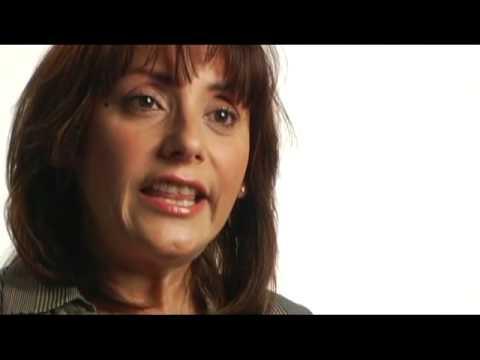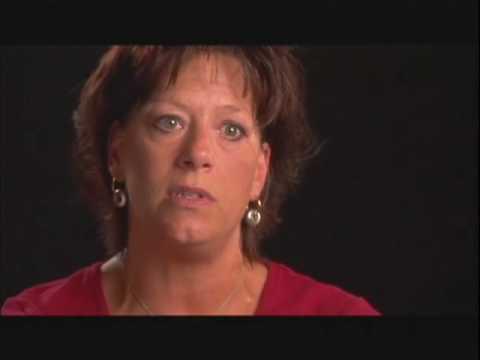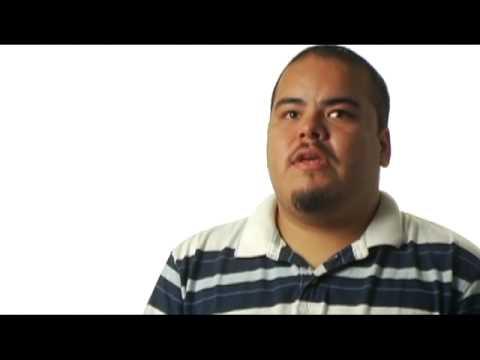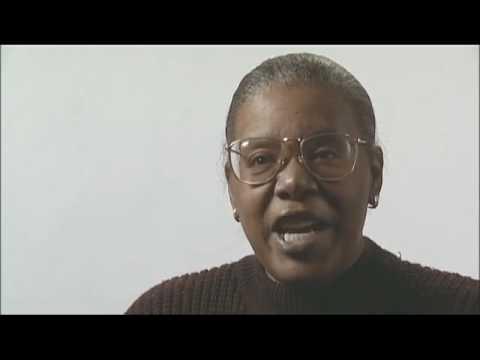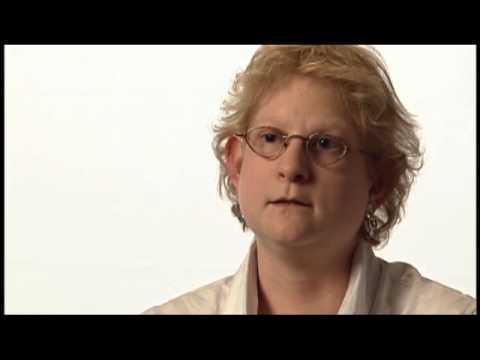Patrick K.
I became a cancer survivor in July of 1997 when I was diagnosed with testicular cancer.
Other than the surgery, there really hasn’t been any treatment. I was basically placed on observation after the original diagnosis. Besides the original orchiectomy, it was two years of CT and chest x-rays every three months, and then another year or two of every six months. I’m down to just an annual checkup the past two years.
They wanted me to have some very invasive surgery that they didn’t have a real good reason to do. I got a lot of different advice from various doctors, all of whom said, “Go in for the surgery.” I called a surgeon friend who basically said, “Don’t let them cut you open unless they can really prove that there’s a reason to go in there.” He was the only one who wasn’t anxious to do it. In the end, it was not only invasive surgery, but it could have left me with side effects that I wouldn’t have been too happy to have at 40 years old.
I moved to the Midwest to be closer to my family, since they were around and so supportive when this first happened. It was part of a whole series of events from turning 40 to getting this to saying, “We need a life change here, so move back to where you grew up.” That wasn’t too much fun. I had left a lot of friends, business contacts and 20-odd years of living in another city behind. So 14 months later, I was back in Philadelphia and saying that little experiment didn’t work too well. It was really a very gradual thing about feeling less like, “I’m going to die soon.” If anything, an event like this gives you a real sense of your own mortality, and you do realize that you’re going to die eventually. We all do. But it takes a little something like this to hit you harder, more than maybe the time I almost drowned or a couple of other earlier near death experiences. This is something that you’ve got a lot more time to ponder. I did spend a lot of time thinking about the fact that many people who have cancer once, get it again at some point in their lives.
I’d just come out of eight years where I was painting full-time instead of running my design business. I had gone from living in my 20’s on over a hundred grand a year to living in my 30’s on about twelve thousand a year without heat. I was doing this whole starving artist routine. I had gone back to the design business and stopped painting full-time. At least at that point, I was saying, “I’m gonna reenter the business world and be a normal middle-class citizen again.” And this hit. At that point, I hadn’t gotten around to getting health insurance; something that’s terribly, terribly expensive to get on your own in the first place. The hospitals and doctors that I’ve been in touch with, except for a few at the beginning, have been really wonderful about never questioning this. That’s between me and the business office, and they treat me like they’ve treated anyone else. But that hasn’t been real even-handed. There was a case right after this happened, where I was going for a consultation, and someone wanted a check for $500 right on the spot for very, very little work. There wasn’t a lot of sympathy there. It’s definitely been a big burden that is still being dealt with every day. I look at different ways of getting certain things forgiven or making deals with the business office. It’s not a great position to be in at all, in addition to the cancer itself.
I generally bring cancer up at some point, in the way you might bring any other life event up in getting to know someone. I look at it as very much a part of who I am, just as much as I’m left-handed and wear contacts. It’s part of the package. I’ve probably had at least a dozen men come up to me and say, “How did you know?” They were having a bit of testicular pain, were feeling generally paranoid or heard about my situation or someone else’s. I’ve passed around how to examine oneself to a number of men who’ve been concerned about that. I guess I’m the one they come running to if they have testicular pain, which is something that I ignored for the better part of six months before I finally did a serious exam. I’m very lucky that I caught it when I did, because I was very foolish not to look into that. I just thought I was crossing my legs too tight or something was causing this. I didn’t really think of testicular cancer, even though I have a cousin who had it, and I should have known better.
If I could help someone out who really is convinced that this might be going on, I would describe to them what to look for and who to go see right away. It’s one of those things where I think as recently as 10 or 15 years ago to say the word “testicle” in public would only get a giggle or embarrassment. I know even 25-30 years ago, to talk about breast cancer by using the word “breast” in this society, that’s sexual. That’s something we’re not supposed to talk about or look at or think about. It’s the same with testicular cancer. Colon cancer is something that you never heard in public until maybe Katie Couric’s husband. There’s always a poster boy, whether it’s Lance or Scott Hamilton or many athletes with testicular cancer, who’ve been out there in front. As the years go by and people get a little more mature about these things, there are fewer and fewer snickers when talking about such body parts.
There’s a lot of cancer in the family. I had two aunts and a cousin who died, another couple of cousins who’ve had it, and a sister who had cancer years ago. It’s rampant in my family, so me getting it was not that surprising. To worry about it is futile. They’re all gonna go one day; maybe before me, maybe after me. I’m dealing with my parents being 82 years old right now, and there are certain inevitabilities. No matter how special we think we are, we’re not gonna escape it. If anything, I think it’s made me worry less about death, be a little more accepting of it and saying you don’t know when your number’s up. I remember seeing a Nightline just after this happened, and Ted Koppel said, “Dying is a fact of life. We all know we’re gonna go. We just don’t know when. If we did know when, could we live with that?” It’s definitely made me a lot more philosophical.
I’m old enough to have grown up in an age when the word “cancer” was barely uttered. When I was about 12, I lost a 14-year-old cousin to liver cancer. I didn’t even know she had cancer until after she died, because my family and everybody else were whispering the word. It was a dirty, ugly word that meant death more often than not just 30 years ago. I feel very fortunate to live in a time where so many people do survive and where people with horrible, horrible situations manage to be walking among us and living long, healthy lives with, hopefully, a better appreciation of that life. At the same time, it seems like I have met more people since having cancer who have had cancer. I don’t know if it’s the fact that it comes up in conversation and someone will confide, “I’ve had cancer, too.” Just like when you buy a red car and suddenly you see how many red cars there are on the road. It seems to be something that is so rampant in our culture.
When I hear that word “survivor” or hear myself being referred to as a survivor, I feel like I went through nothing compared to what Lance went through. I was waiting for it, naturally, to spread, and I still get a little nervous around the annual CT scan. But honestly, I didn’t have the several dozen visits, hours of chemo, the pain that goes along with that and the constant fear that people like that must be living with. I feel like I’m much more fortunate than a lot of people who are watching this right now, and I consider myself lucky that I caught it when I did.
My name is Patrick King. I’m 46 years old, and I’m a six-and-a-half-year testicular cancer survivor.
